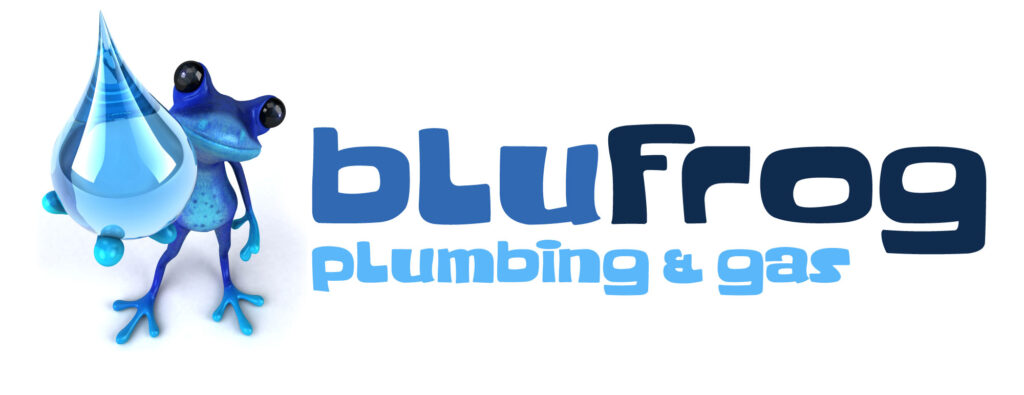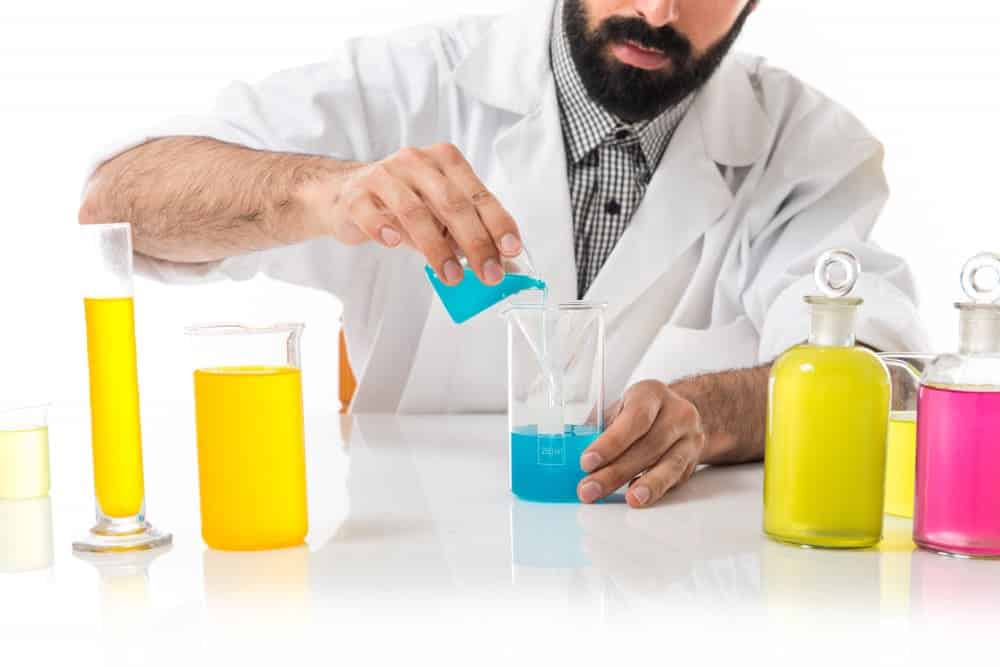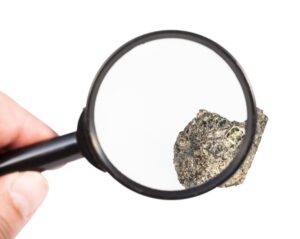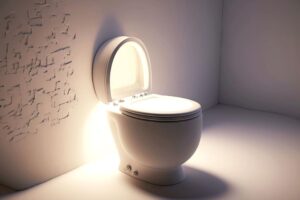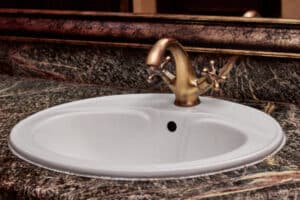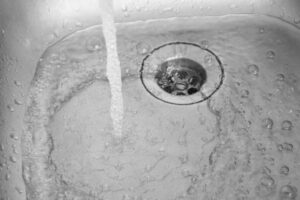Just as chemistry has its periodic table of elements, there’s a whole world of scientific principles at work in your home’s plumbing system. We could even call it the ‘Pipe-riodic Table,’ a comprehensive set of elements and compounds that make our everyday use of water possible and safe. From the metals in your pipes to the chemicals in your tap water, here’s a dive into the science in your sink.
1. Copper (Cu): The Piping Champion
Copper, known for its durability and corrosion resistance, has been the choice of material for water pipes for decades. It doesn’t rust or degrade with time, and it can withstand high temperatures, making it ideal for both cold and hot water lines.
2. PVC (Polyvinyl Chloride): The Lightweight Alternative
Polyvinyl Chloride, or PVC, is a popular material for drain pipes. Lightweight, inexpensive, and resistant to rust and corrosion, it’s a great choice for waste and vent lines. However, PVC isn’t suitable for hot water because it can warp at high temperatures.
3. Lead (Pb): The Historical Hazard
Historically, lead was commonly used in pipes due to its malleability. However, it’s now known that lead can leach into drinking water and cause significant health problems. Modern plumbing systems avoid lead, and there’s been a push to replace lead pipes in older buildings.
4. Iron (Fe) and Steel: The Sturdy Option
Cast iron and steel have long been used for larger, heavy-duty pipes like main water lines and sewer pipes. They’re incredibly sturdy but can be prone to rusting over time.
5. Chlorine (Cl): The Water Purifier
In most municipal water systems, chlorine is added to the water to kill bacteria and other harmful organisms. It’s what gives tap water its characteristic smell. Chlorine is a crucial part of ensuring our tap water is safe to drink.
6. Fluoride (F): The Tooth Defender
Many water systems also add fluoride to the water. It’s a proven method for reducing tooth decay and improving oral health.
7. Limescale (CaCO3): The Unwanted Deposit
Limescale, composed mainly of calcium carbonate, is a chalky deposit that forms in pipes and appliances due to hard water. It can cause blockages and reduce the efficiency of water heaters and boilers.
Conclusion
Just as the periodic table is the foundation of chemistry, understanding the ‘Pipe-riodic Table’ is crucial to understanding the science of plumbing. It’s a perfect blend of materials science, chemistry, and even a bit of physics that keeps our water flowing safely every day. Next time you turn on your tap or flush your toilet, take a moment to appreciate the complex scientific orchestra at play.
